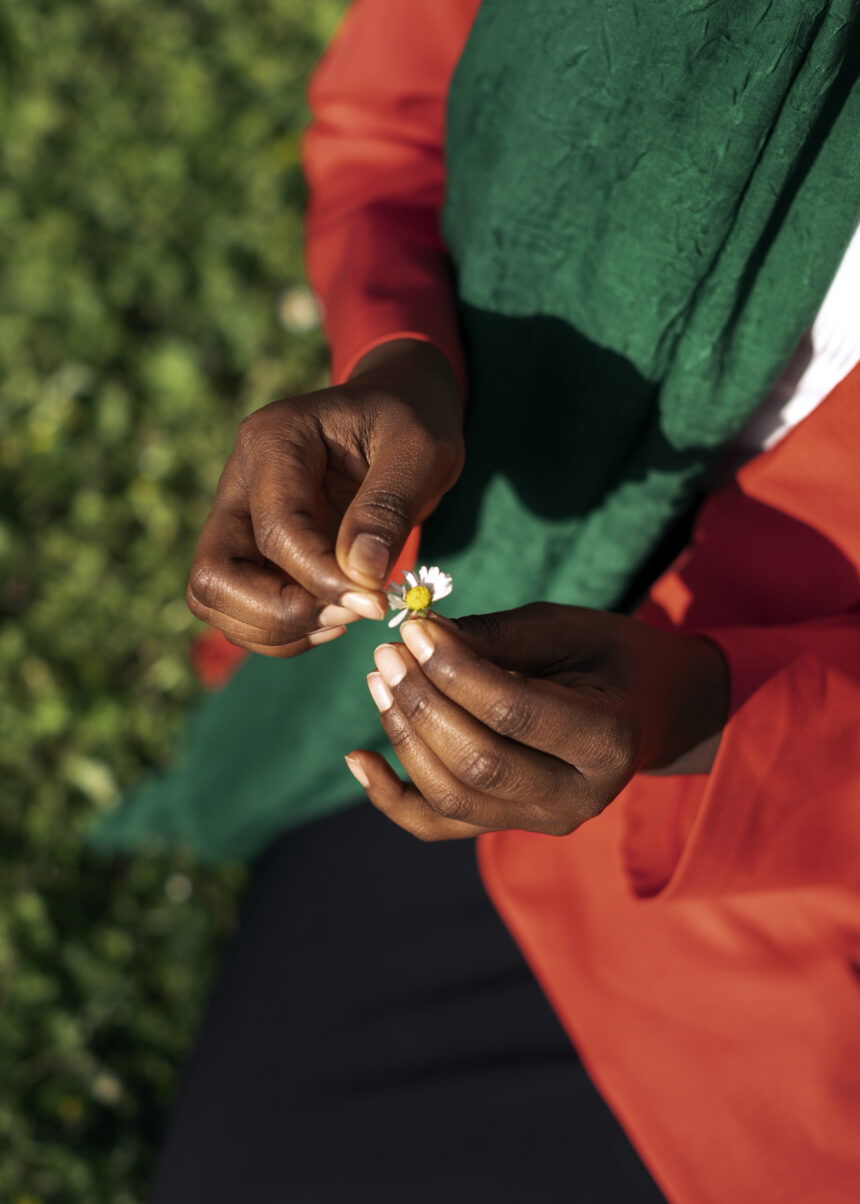Tips for Preventing and Managing Seasonal Influenza in South Africa
Seasonal influenza, commonly known as the flu, is a contagious respiratory illness that affects people worldwide, including South Africa. Each year, the flu season brings a surge in influenza cases, leading to increased healthcare burden and potential complications. Fortunately, there are several preventive measures and management strategies that individuals can adopt to reduce their risk of contracting the flu and minimize its impact. Here are some essential tips for preventing and managing seasonal influenza in South Africa:
- Get Vaccinated: Annual flu vaccination is one of the most effective ways to prevent influenza. The influenza vaccine is designed to protect against the most prevalent strains of the virus each year. It is recommended for individuals of all ages, especially those at higher risk of complications, such as young children, older adults, pregnant women, and individuals with chronic medical conditions. Consult with your healthcare provider to determine the appropriate time and type of flu vaccine for you and your family.
- Practice Good Hand Hygiene: Washing your hands frequently with soap and water for at least 20 seconds is crucial in preventing the spread of the flu virus. If soap and water are not available, use an alcohol-based hand sanitizer. Avoid touching your face, especially your eyes, nose, and mouth, as this can introduce the virus into your body.
- Cover Your Coughs and Sneezes: Use a tissue or the inside of your elbow to cover your mouth and nose when coughing or sneezing. Dispose of used tissues properly and wash your hands immediately afterward to prevent the spread of flu droplets.
- Maintain Respiratory Etiquette: Encourage those around you to practice respiratory etiquette by covering their coughs and sneezes, and by avoiding close contact with others when they are ill. If you are experiencing flu-like symptoms, it is advisable to stay home and limit contact with others to prevent the spread of the virus.
- Maintain a Healthy Lifestyle: A strong immune system is essential in fighting off infections, including the flu. Maintain a healthy lifestyle by eating a balanced diet, getting regular exercise, staying hydrated, and getting enough sleep. These factors contribute to a robust immune system and help reduce the severity and duration of flu symptoms if you do get infected.
- Avoid Close Contact with Sick Individuals: If someone in your household or workplace has the flu, try to limit close contact with them to reduce your risk of contracting the virus. Encourage them to follow good respiratory hygiene and seek medical attention if necessary.
- Clean and Disinfect Frequently Touched Surfaces: Influenza viruses can survive on surfaces for a short period. Clean and disinfect frequently touched surfaces, such as doorknobs, light switches, and countertops, regularly to reduce the risk of transmission.
- Stay Informed and Follow Public Health Guidelines: Stay updated on flu activity in your area and follow the guidance and recommendations provided by local health authorities. These may include information on flu prevention, vaccination campaigns, and specific measures to take during flu outbreaks or pandemics.
- Seek Medical Attention: If you experience flu-like symptoms such as fever, cough, sore throat, body aches, fatigue, or respiratory symptoms, it is important to seek medical attention promptly. Your healthcare provider can provide appropriate treatment options, prescribe antiviral medications if necessary, and offer guidance on managing your symptoms and preventing complications.
- Stay Home if You are Sick: If you are experiencing flu-like symptoms, it is essential to stay home, rest, and avoid close contact with others. This helps prevent the spread of the virus to vulnerable individuals and reduces the overall burden on healthcare resources.
Preventing and managing seasonal influenza requires individual and collective efforts. By following these tips, individuals in South Africa can protect themselves and their communities from the flu, reduce the transmission of the virus, and minimize the impact of influenza on public health. Remember, it’s not just about personal well-being but also about promoting the health and safety of those around us.










